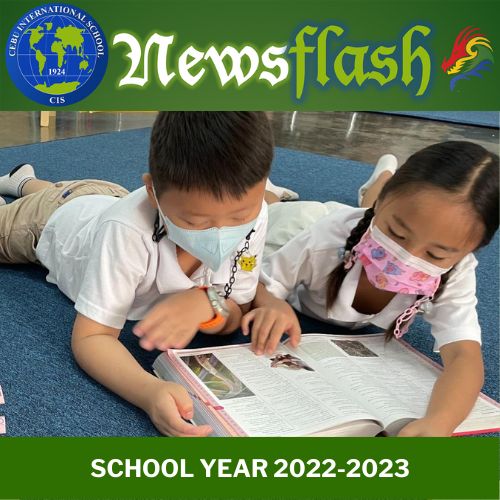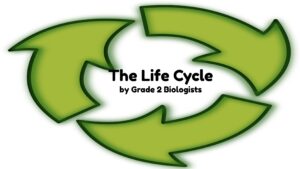
Admin News
by Dr. Gwyn Underwood, Superintendent
What is the most important thing you can do as a parent to support your child with their learning? Answers to this question will vary between individuals, and change over time. One answer that is likely to come up in many cases is, “supporting an environment conducive to learning”. The benefits of this are well established by the research and thus the importance we place on learning applicable social and emotional skills.
“Social and emotional learning (SEL) is the process through which children and adults acquire and effectively apply the knowledge, attitudes, and skills necessary to understand and manage emotions, set and achieve positive goals, feel and show empathy for others, establish and maintain positive relationships, and make responsible decisions.” (Source: SEL Signature Practices Playbook – CASEL (p.3))
This past Wednesday, our School Counselor Ms. Vangie Villagonzalo led a helpful session on Socio-Emotional Learning (SEL) at CIS during our monthly Parent Coffee Meeting.
- We first looked at well-being through an equity lens, in order to demonstrate how we strive to create the conditions for all students to have optimal development and become engaged global citizens. It was noted that well-being skills are not sufficient for creating an equitable and multicultural community unless the values of equity are EXPLICIT in SEL (or well-being education).
- Ms. Vangie then highlighted the whys and the hows of multiple SEL areas that are covered at CIS. This included (but was not limited to) the IB learner Profile and PYP attributes, Approaches to Learning, Five Respects, and the use of a number of other behavior and character development tools in classes, homeroom/advisory times, after-school activities, and so on.
- Parents then broke into small groups to consider the essential question, “How can I (as a parent) support my child (student/s) in developing their SEL skills?”
This session was offered to help us continue our journey toward understanding how we can best provide life skills for our students. This is equally important for adults! The following table from the University of New Hampshire’s Browne Center for Innovative Learning visually represents how SEL approaches can lead to short-term outcomes, which in turn lead to desirable behavioral/academic outcomes. We encourage you to have supportive discussions at the dinner table that reflect and explore how you can support these outcomes for the learners in your family. Please share how you go – your experience may help others too!
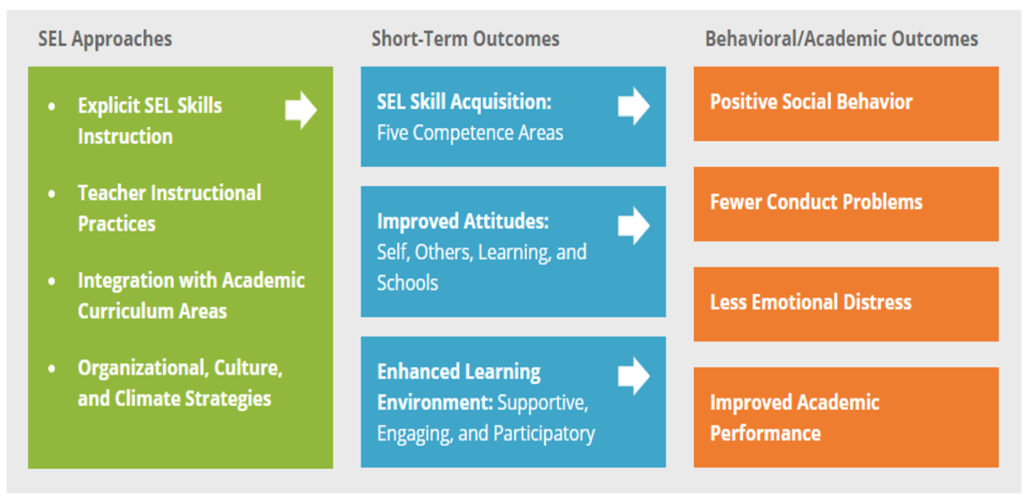 (Source: https://brownecenter.com/wp-content/uploads/2017/06/SEL-approaches.png )
(Source: https://brownecenter.com/wp-content/uploads/2017/06/SEL-approaches.png )
* The five competence areas referenced are Self-awareness, Self-management, Social awareness, Relationship skills, and Responsible decision-making.
Thanks to all who were able to make it to the Parent Meeting. Please pencil in our next meeting, which will be held on March 28 (8-9 am, Annex), where we will be reviewing our Guiding Statements with the objective of coming up with a new school purpose statement!
Upcoming events of note
- Mar 6-10: STEM Week
- Mar 14: Regular CIS Corporation Meeting – 7 pm, virtual (invites will be sent to corporation members only)
- Mar 16: End of third quarter; HAD 3 (AM)/Faculty PD (PM); No classes in PM
- Mar. 17 – School Holiday (end of term 3)
- Mar 20-Apr 3 IB Art Exhibition @ CIS
- Mar 21: G10-12 Parent Meeting
“How is your child supported through the College Application process?” (8-9 am, Annex) - Mar 28: Parent Coffee Meeting
“Reviewing the CIS Guiding Statements” (8-9 am, Annex)
Please refer to the CIS Event Calendar (http://cis.edu.ph/school-calendar/) for the complete calendar of school events.
The Grade 2 Biologists Learning Journey
by Grade 2 Students
Athena
Ryan
Elsie
Iyanah
Alivia
Lucas
Catherine
Joy
Bernardo
Riley
Lola
Athena
Grade 3: Week Without Walls
by Ms. Katrina del Mar, Grade 3 Teacher
Disaster Response Training Camp
The Grade 3 trainees, in collaboration with the Grade 2s, completed the Disaster Response Training Camp for this school year’s Week Without Walls. The training camp gave them the opportunity to learn skills that will help them survive or assist our community during natural disasters.
Day 1: Survival Skills Day
The first day of camping was jam-packed with knot-tying, first aid, sewing, fire-making, water safety, and team building. These activities have equipped them with skills that are helpful during difficult circumstances.
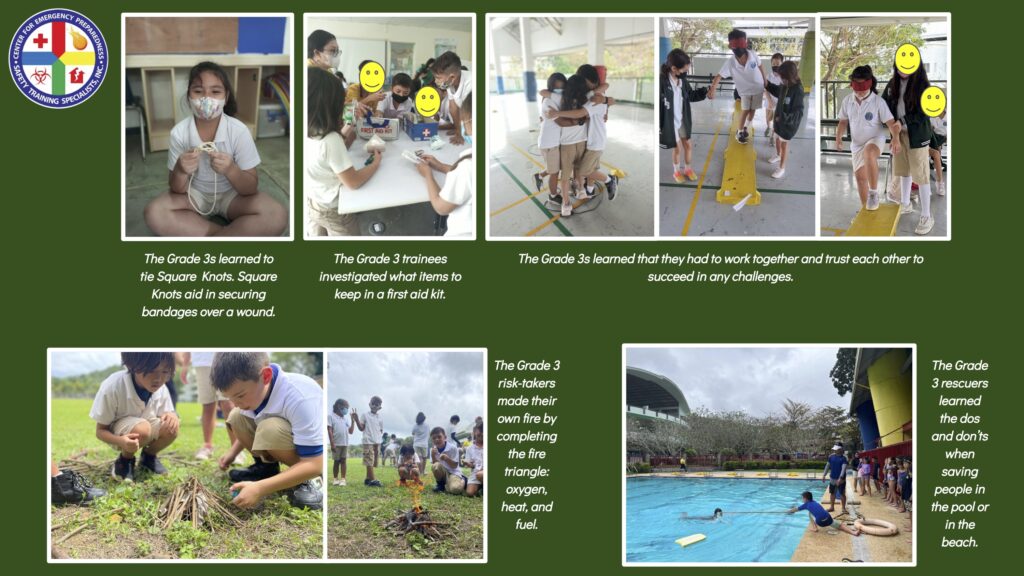
Day 2: Teambuilding and Games
The Grade 3s learned that in everything that we do, safety comes first! They demonstrated positivity to the news that we would be rescheduling our trip to Adlawon Vacation Farm because of the pouring rain. As inquirers, they were curious and had fun learning to play board games, watching a movie about Wild Babies, and investigating electric circuits with Makey Makey.
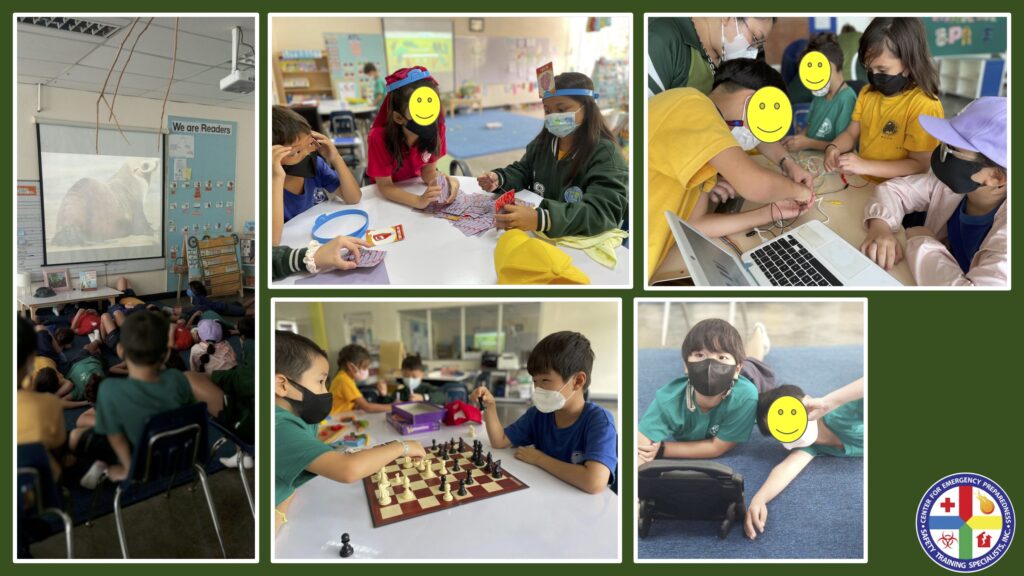
Day 3: Life Skills and Overnight Camping
It was time to be creative on Day 3. Aside from equipping themselves with important life skills such as sewing, recycling and designing their own water filtration system, the boys and girls also completed a dance workshop in the morning to be performed at night. The Grade 3s displayed independence as they took care of themselves, their belongings and their own dinner. Most of the Grade 3s considered sleeping in school one of the best days of their lives.
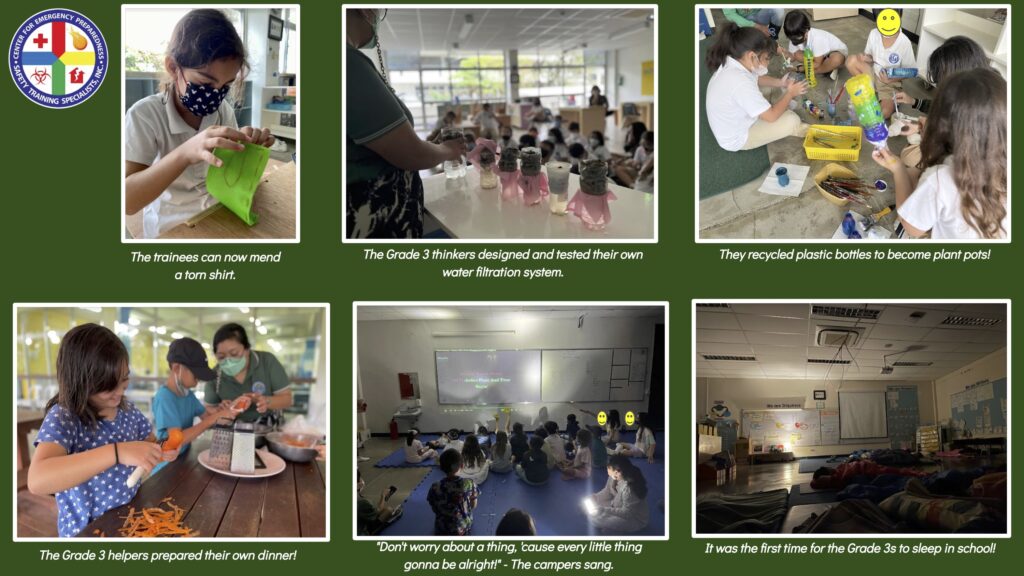
Day 4: Service and Action
The last day was memorable. The recycled water bottles they painted carefully the day before will now become homes of plants in the CIS Garden. The Grade 3s learned to sow seeds and take care of plants by watering them. It will be a living and growing memory of this year’s Week Without Walls. The week finally ended with an appreciation of each trainee who participated in the Disaster Response Training Camp.
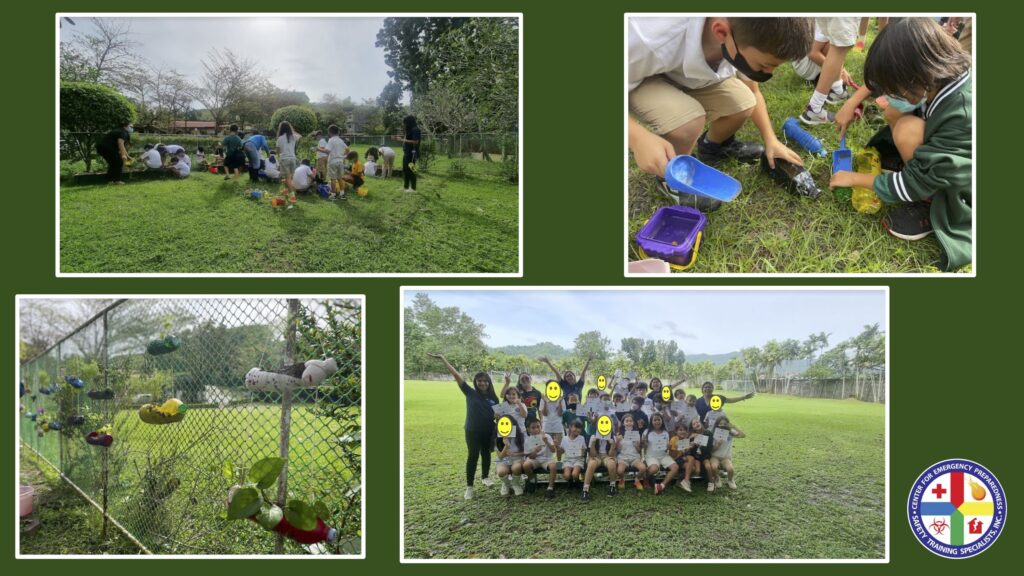
Grade 11 & 12 Pscyhology
by Ms. Leanne Healy, Psych/Ind & Soc. Teacher
Grade 12: Study and Revision
As grade 12 students have just finished their mock exams, in psychology we have been focusing on what study and revision strategies proved effective for students. Optimizing study time will be key to student learning in the run up to the IB exams.
Some effective strategies the grade 12 psychology students recommend are:
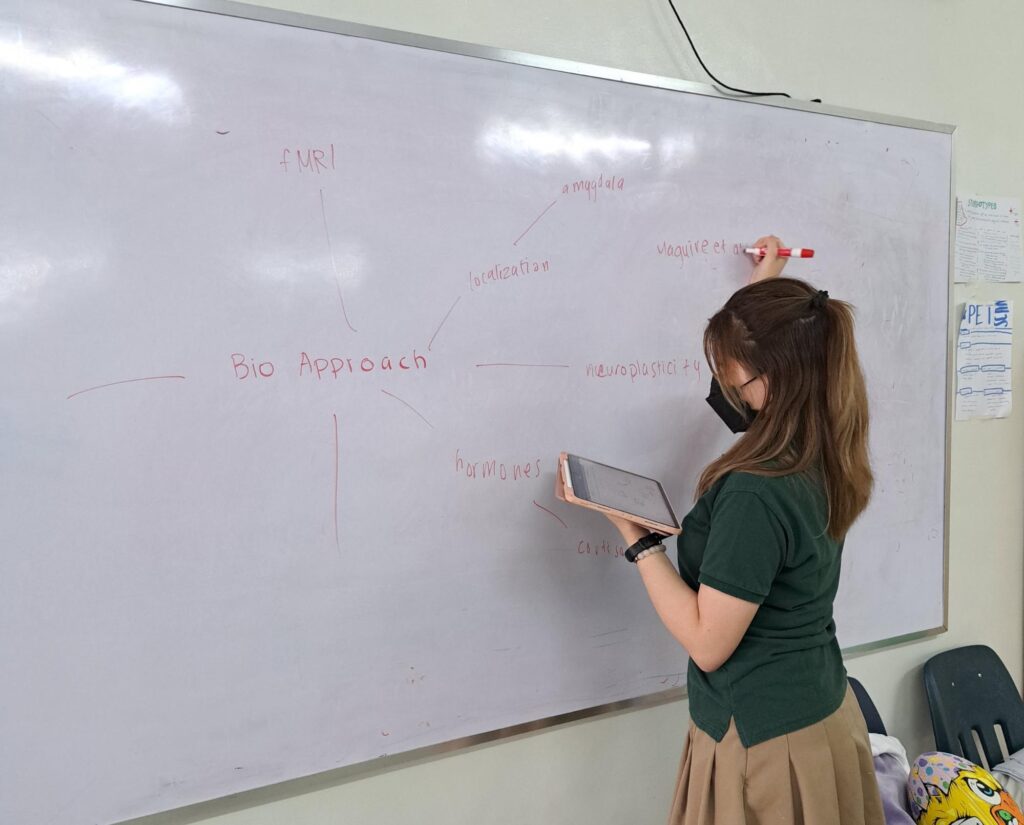
Get creative: Use creative methods to revise. Pictured here is Patricia as she leads a demonstration on how to create mind maps, and use color codes for important information.

Gamify your revision: Create a game around your revision topics to make studying more interesting. An example here from students Patricia, Naoki, Franchesca and Jhirlymarie.
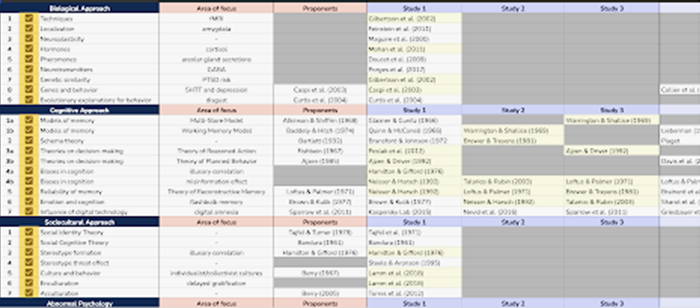
Get organized: Creating an overview of topics and the studies and concepts which relate to them. Screenshot provided by Sophia.
Some takeaway tips from the grade 12 psychology students:
Stephanie
Stefen
Heinz
Grade 11: Note-taking Strategies
In Grade 11 Psychology students have been practicing effective note-taking skills, in a way that works for them as learners. Many students have been experimenting with strategies like using colour-codes, sketch notes, diagrams and key word glossaries.
Using color in colour in note-taking can help students organise information, making it easier to remember. Diagrams can be helpful in visualising and explaining complex ideas and relationships between concepts.


Some suggestions for future grade 11 students included:
Gabrielle
Zeke
MYP Math
By Ms. Maria Victoria Bacus, Grade 6, 8 and 9 Mathematics Teacher
Investigating Patterns
Investigating patterns is one of the assessment criteria in MYP Mathematics. Students work through investigations to become risk-takers, inquirers and critical thinkers.
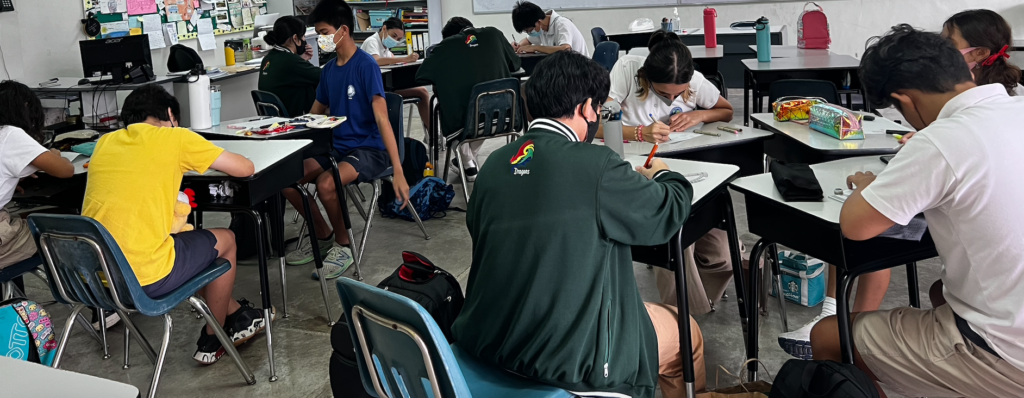
In this particular activity, students were able to work in teams and tried to achieve the following goals:
- Recognize and describe patterns
- Justify their thinking using different representations
(visual patterns, tables, graphs, and/or equations) - Make connections between different approaches and representations
- Use words, arrows, numbers and/or color coding to communicate and explain their ideas clearly to team members
- Ask questions to understand each other’s thinking or challenge the group to go further
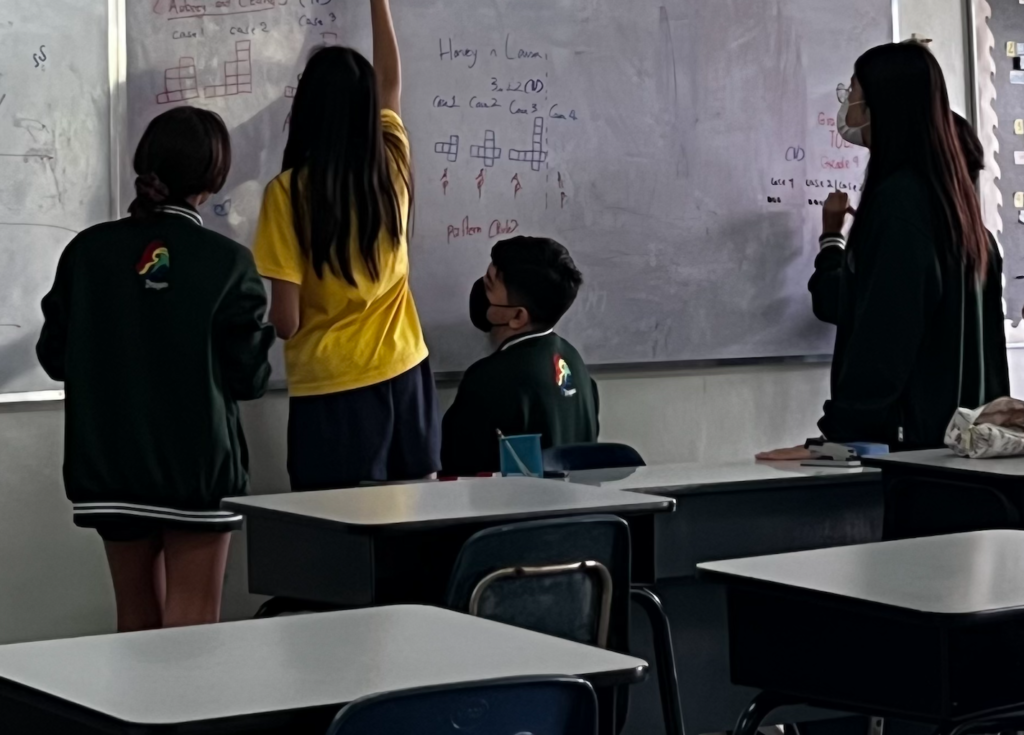
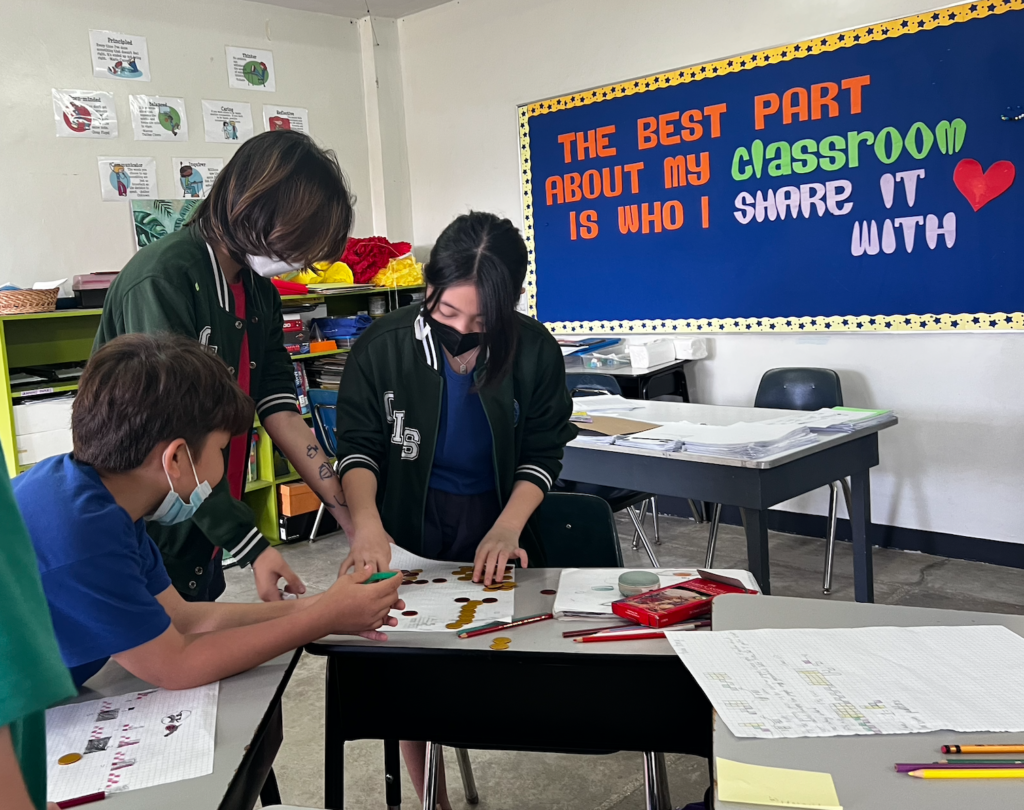
Students utilized some manipulatives to be able to build their own patterns as well as present their patterns and rules to the classmates outside their group.
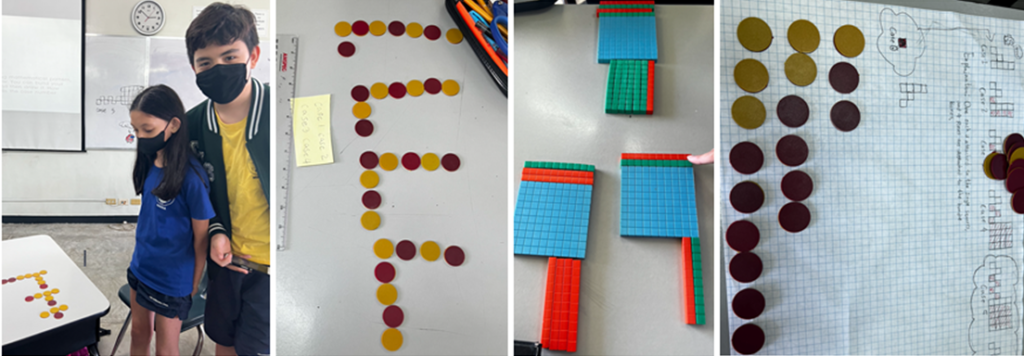
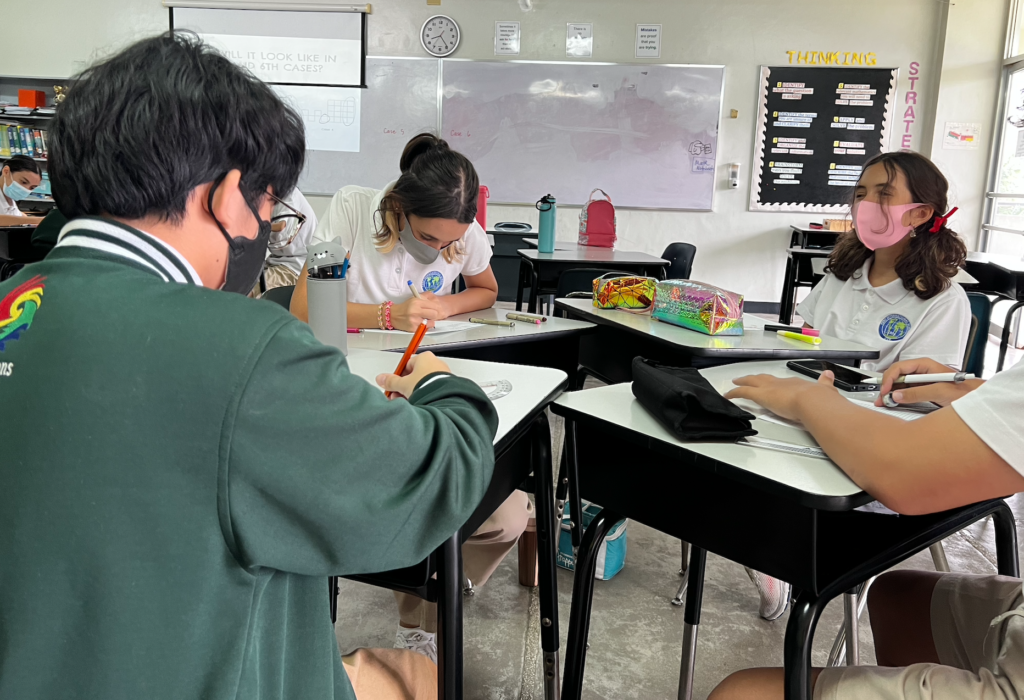
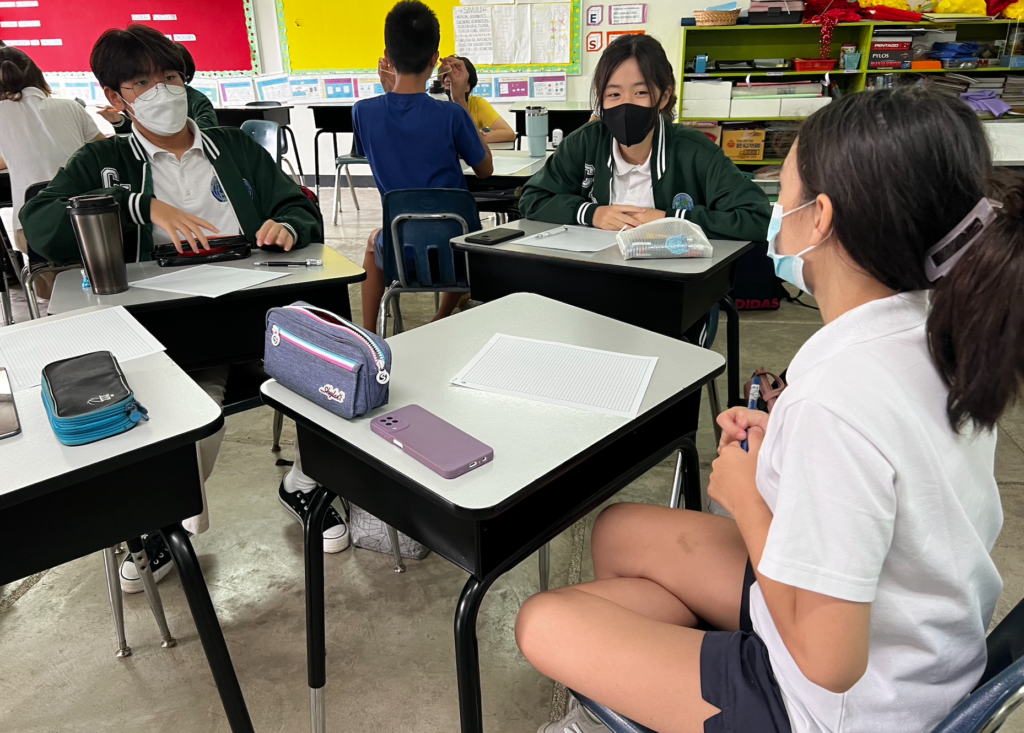
Here are some of the students’ main takeaway from the class activities:
What did you learn from the mathematical discussion?
Niño, G8
Rebecca, G8
Jungwoo, G9
What mathematical concepts did you learn?
Jungwoo, G9
Hinata, G8
Sebastian, G9
Kasey, G9
Chloe, G9
Reflections & Questions from Students
Hyeonsong, G6
Nathalia, G8
Yi Chen, G9
DP Math
by Mr. Daniel Monfre, DP Math Teacher
The DP Math teachers are delighted to inform you that our students are in the final stages of completing their Math Exploration, Math IA, papers. This project is a significant part of the IB and CIS curriculum, it showcases students’ analytical and critical thinking skills. We are very excited to see this process nearing completion and it is such a great example of students’ hard work and mathematical proficiency.
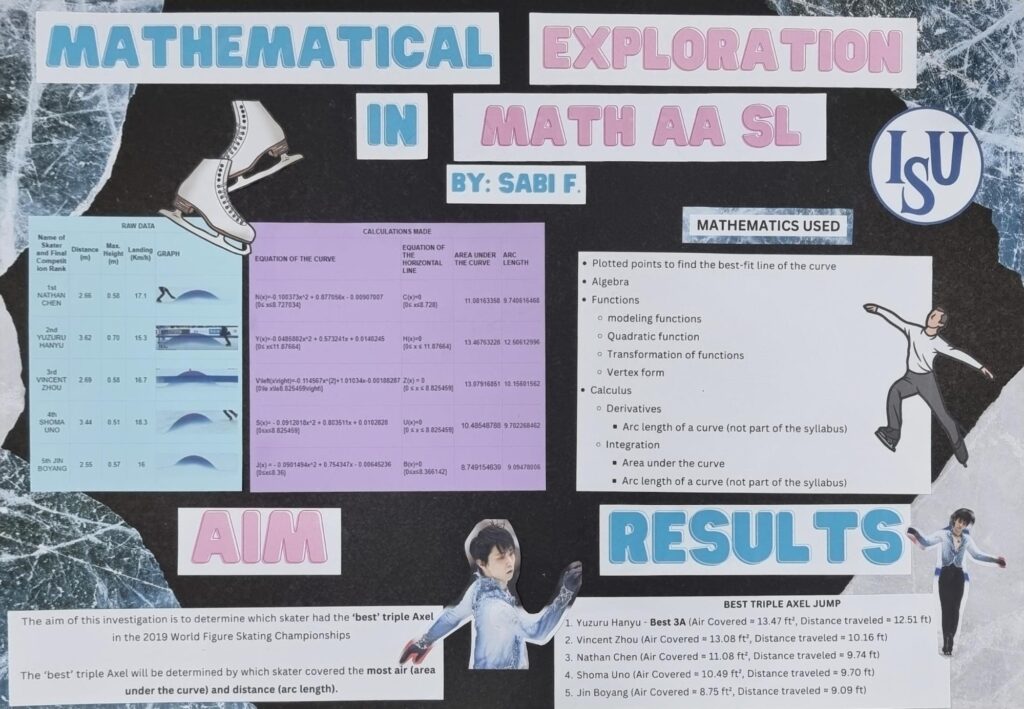 As part of the process, students will be creating posters, like the samples below, to summarize their projects. These posters will be displayed in the canteen annex as part of our STEM Week celebrations from March 6th to the 10th. We want to showcase the work of our grade 12 students as part of STEM Week since this will highlight their achievements in STEM fields. Students will select to create a poster for the Science or Math IA and a few have selected to create multiple posters. The posters will be an excellent opportunity for our students to demonstrate their creativity and showcase their research findings. They will be using graphs, charts, and diagrams to illustrate their data and results, which will help them communicate their ideas effectively. We hope that their engaging posters will inspire the younger students as they look forward to the DP experiences as well.
As part of the process, students will be creating posters, like the samples below, to summarize their projects. These posters will be displayed in the canteen annex as part of our STEM Week celebrations from March 6th to the 10th. We want to showcase the work of our grade 12 students as part of STEM Week since this will highlight their achievements in STEM fields. Students will select to create a poster for the Science or Math IA and a few have selected to create multiple posters. The posters will be an excellent opportunity for our students to demonstrate their creativity and showcase their research findings. They will be using graphs, charts, and diagrams to illustrate their data and results, which will help them communicate their ideas effectively. We hope that their engaging posters will inspire the younger students as they look forward to the DP experiences as well.
We encourage you to come to the school during STEM Week to see your child’s poster and learn about their research. It will be an excellent opportunity to engage with your child’s academic journey and celebrate their achievements.
Thank you to the parents and guardians for your continued support for your students, and we hope you enjoy seeing their IA work celebrated during our STEM Week!
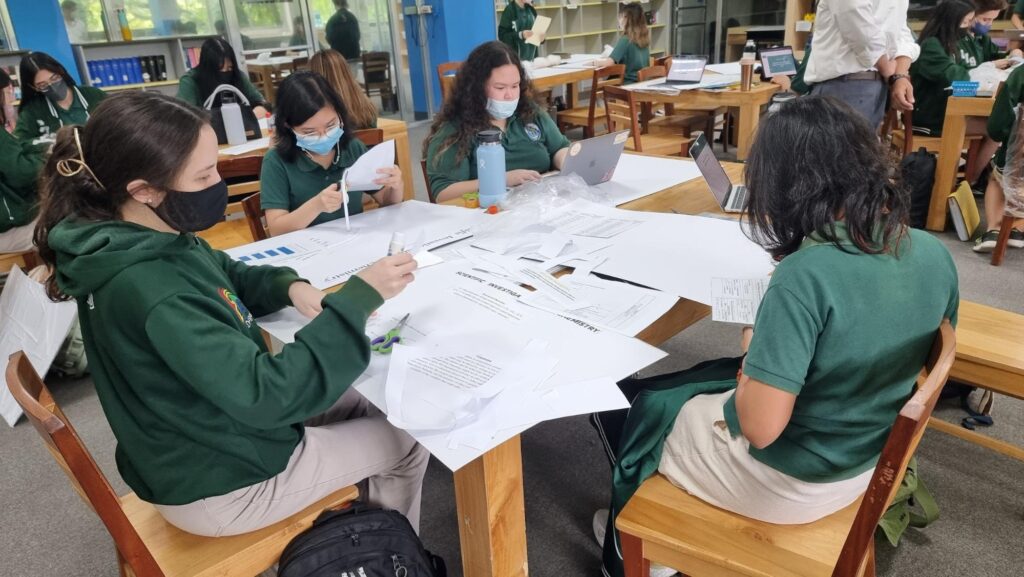
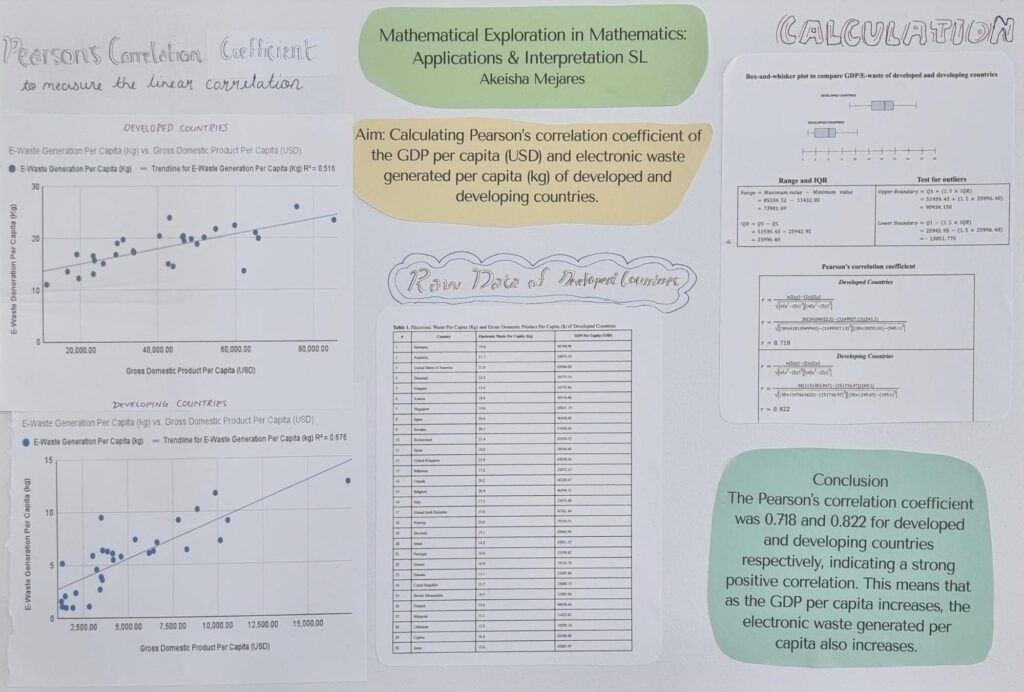
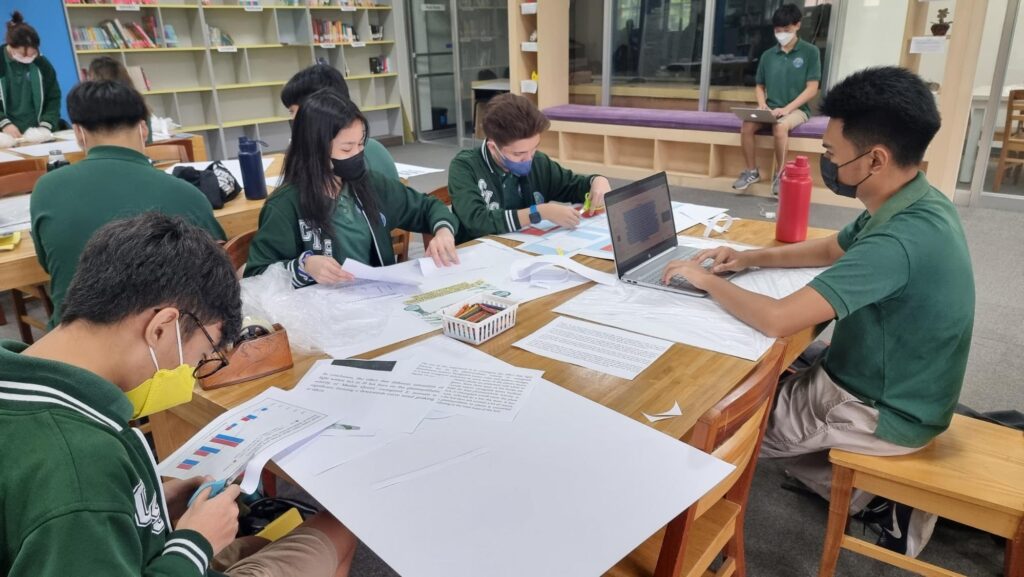
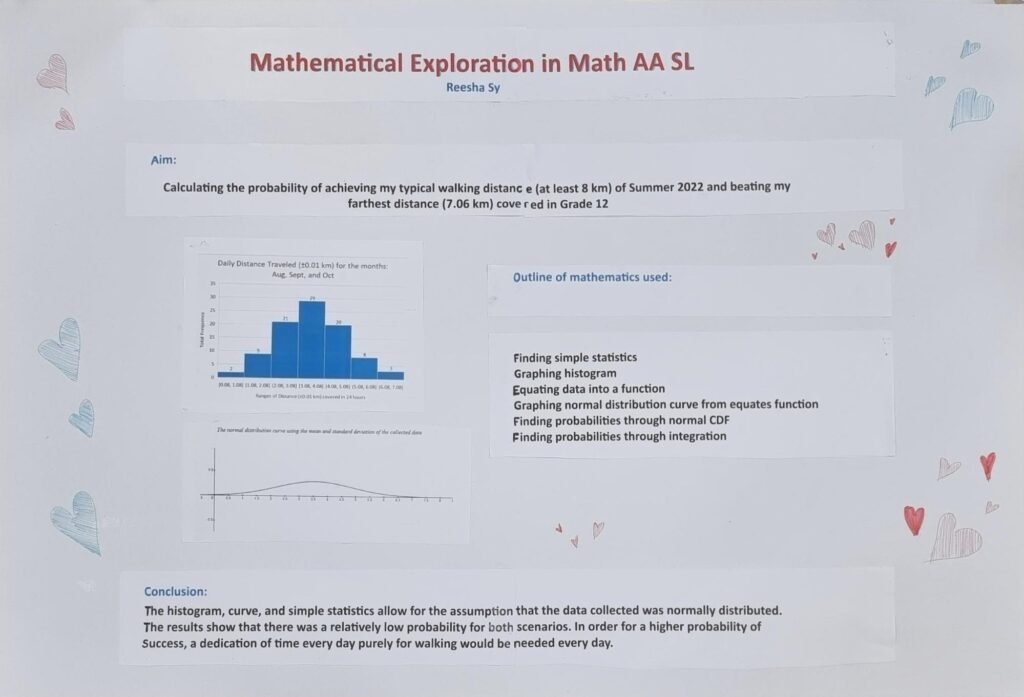
College/Careers Counselor Corner
by Ms. Jenny Basa, College/Careers Counselor Corner

College Events (Virtual and Face to Face)
DATE
March 21
Tuesday
8:00 – 9:00 AM
Canteen Annex
Open to Grade 10-12 parents
EVENTS
How is your child supported through the College Application process? – A session with the College Counselor for parents to understand what their child needs to do in the College Application process and how parents can support them.
March 23
Thursday
9:15 – 10:00 AM
For all Grade 11 students
Venue: Canteen Annex
Writing a College Essay

March 24
Friday
9:15 – 10:00 AM
(Dragon’s Dome)
All Students from Grade 10-11, Grade 9 are invited
College Fair on Campus – Meet university representatives from different universities from Australia, Canada and the UK. The final list of institutions will be published next week. Parents are also welcome to attend.
April 18
Wednesday
9:15 – 10:00 AM
Canteen Annex
Nagoya University of Commerce & Business (Japan) – An info session with the university rep. He will talk about the admissions process, the programs they offer and what it is like to study in Japan
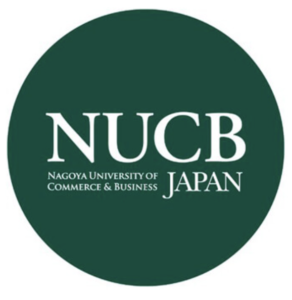
SAT Update for 2022-2023
| SAT Test Date | Deadline for Registration, Changes and Regular Cancellation |
| March 11, 2023 (Digital) | February 24, 2023 |
| May 6, 2023 (Digital) | April 21, 2023 |
| June 3, 2023 (Digital) | May 19, 2023 |
Test dates labeled Digital means that students will bring a device to the test center and take the exam using their device. The College Board may provide devices for test-takers who do not have access to a device. All test-takers for Digital SATs are still required to report physically to the test center to take the test.
To register for the SAT, you may click on this link. If you need assistance or have any questions, please feel free to email Ms. Jenny Basa at jbasa@cis.edu.ph.



